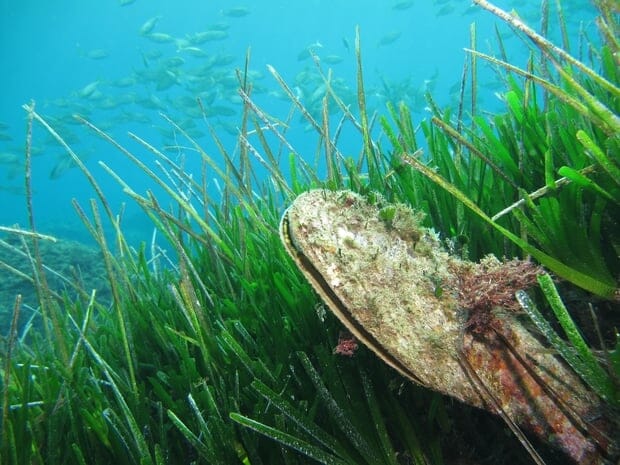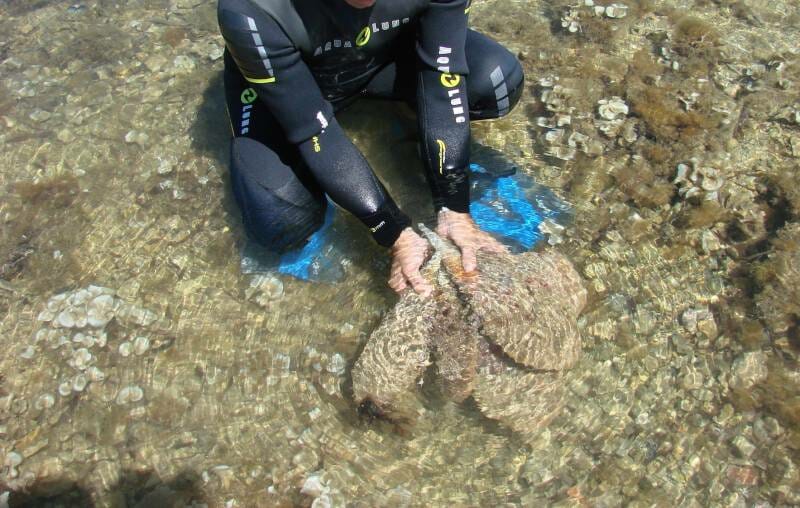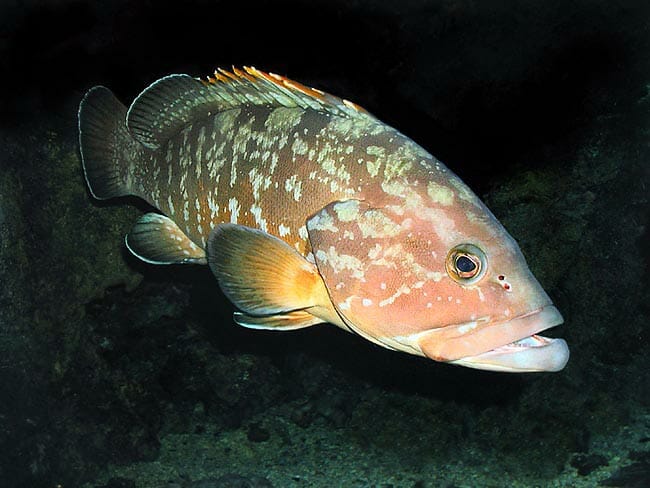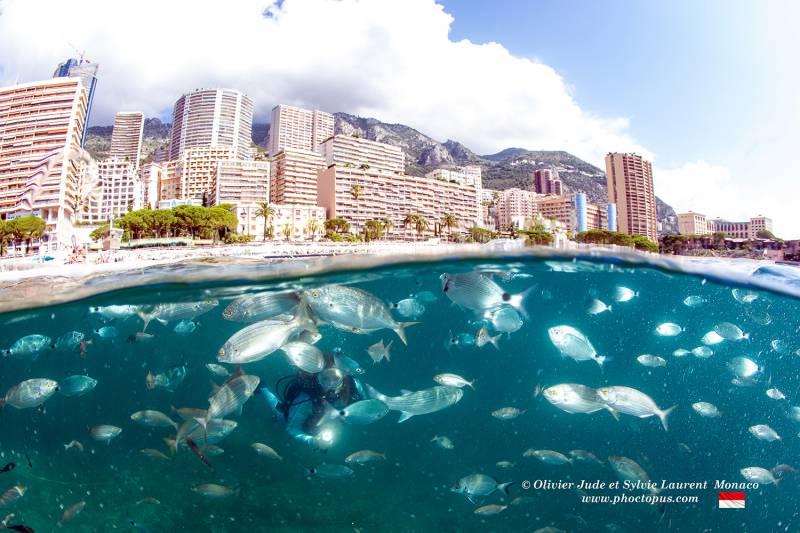Fan mussel Epidemic in the Principality
Fan mussels, a species of large saltwater clam, have been experiencing an abnormal mortality rate in Monaco recently. This may be the result of an epidemic which was first recorded in populations south-east of the Iberian Peninsula and in the Balearic Islands at the end of 2016.
These mortalities have since spread to all the Spanish coasts as well as to many places in France and Italy (marine reserves in Banyuls, Corsica, Sicily, Sardinia). The fan mussel populations of the Principality are currently affected by this epidemic, which may affect 100% of the known population.

Experts confirmed that the outbreak is caused by a new species of “haplosporidium” parasite, which is found in the digestive glands of infected individuals (death is attributed to direct blockage of the digestive gland by the parasite, causing the animal to die from starvation). Early observations suggest that the parasite cycle is at least partially influenced by temperature; an increase in temperature is likely to favour the parasite’s propagation.
The Directorate of the Environment, in close contact with a network of Spanish and French scientists, has carried out several prospecting dives all over the Monegasque coast and has undertaken a series of actions to try to preserve the species, including transplanting individuals to further depths, since the parasite seems less active in colder waters. Divers of the Principality learned about the development of the epidemic during a workshop organized by the RAMOGE Agreement last August.

Groupers infected by virus in Monaco Bay
Since the beginning of October, reports of dead or dying dusky groupers have multiplied in Monaco. At this stage, a dozen cases have been registered by the Directorate of the Environment.
The dusky grouper is a protected species in the Principality, and has been monitored for the past ten years in collaboration with the Grouper Expert Group (GEM).
To determine the causes of these mortalities, a veterinary expert examined three specimens last week. The symptoms and the initial results make it possible to deduce that the groupers are affected by a viral infection that has already been observed on many occasions in the past in the Mediterranean (Crete, Libya, Malta, Corsica).

According to the observations, the virus began to develop along the southern shore before reaching the northern Mediterranean, without any link with to the warming of the waters.
This does not question the importance of temperature as a triggering factor.
The majority of individuals found dead were between 30 and 80 cm long. The virus in question is not transmissible to humans. Infected fish may have bladder swelling, damaged eyes and poor skin conditions.
If anyone finds a dead or dying grouper, they are requested to notify the Directorate of the Environment 98.98.83.41 or the Directorate of Maritime Affairs 98.98.22.80, to ensure the care of the animal.









